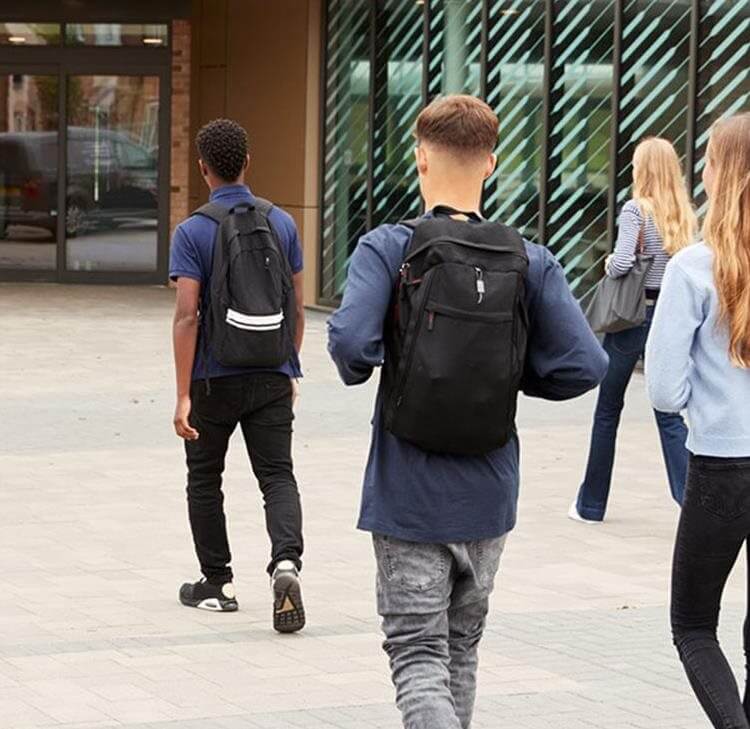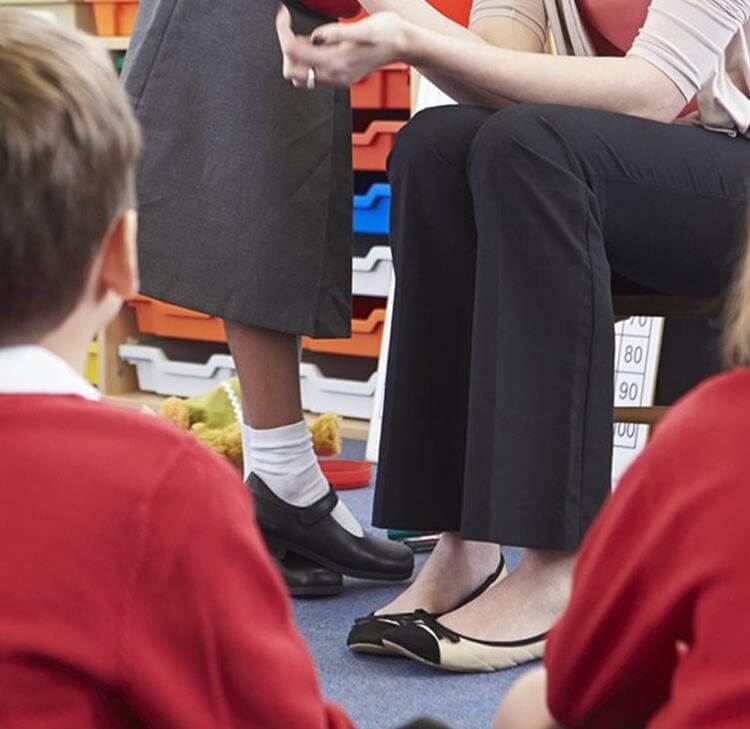The Court of Appeal delivered its third exclusion decision this year at the end of October. This marks unprecedented activity in exclusion case law - no other Court of Appeal exclusion cases have emerged since the law changed in 2011.
In R (on the application of SAG) v the Governing Body of Winchmore School, a 14-year-old pupil faced permanent exclusion after entering a teacher's hotel room without permission during a school skiing trip. She retrieved her confiscated mobile phone and then lied about the incident. The governing body initially upheld the exclusion.
An Independent Review Panel (IRP) later quashed this decision. The IRP found that governors had undermined natural justice principles by holding brief additional discussions with the headteacher about alternative sanctions after the family left the meeting. The governors reconvened and upheld the permanent exclusion for a second time, determining that entering the teacher’s room constituted burglary.
The parents challenged the governors’ decision through judicial review, raising three arguments:
- The breach was not serious enough to warrant exclusion.
- Claiming the pupil's continued attendance would cause serious harm was irrational.
- The failure to consider alternatives was unreasonable and irrational.
The High Court rejected all challenges. The family appealed to the Court of Appeal.
The Court’s decision
The Court of Appeal dismissed the appeal by majority decision. The judgment emphasises that legislation gives headteachers and governing bodies responsibility for permanent exclusion decisions. Courts cannot substitute their own views for those of the governing body panel.
The Court of Appeal acknowledged that governors erred in characterising the pupil’s conduct as burglary. However, this did not make the decision unlawful.
The essence remained that the pupil was found in a teacher's room without permission. The outcome would likely have been the same without the burglary reference.
The appeal focused on conflicting policy thresholds. The behaviour policy set a higher exclusion threshold than the DfE’s statutory guidance, requiring "extremely serious" incidents for one-off exclusions. The school’s exclusion and suspension policy mirrored the DfE guidance, creating different thresholds across policies.
The Court of Appeal found that while the governing body approved the exclusion and suspension policy, the headteacher held responsibility for the behaviour policy, subject to the governing body's written behaviour principles.
The majority held that the behaviour policy could not conflict with the governing body’s exclusions and suspension policy. The Court questioned whether different thresholds across policies were intended.
The family argued that the High Court failed to apply high-intensity review to the governor reconsideration. The Court rejected this argument. The Court found that the family essentially demanded the governor reconsideration be “no way flawed” - an incorrect standard. Expecting lay governors to provide unrealistically demanding reasons would be unrealistic. This would require lawyers at every reconsideration panel, increasing cost and formality.
Key takeaways
This decision confirms the high bar for judicial review and the significant scope given to headteachers and governing boards in decision-making. However, this was a majority decision that could have gone either way. Practical points for schools include:
1. Policy alignment matters
The school's decision survived despite policy conflicts, but the outcome could have differed if the exclusions and suspensions policy had been more stringent than the behaviour policy. One of three Court of Appeal judges would have allowed the appeal, partly based on policy issues. The finding might have differed for academies, where behaviour policy law differs. Avoid simply repeating exclusions guidance in your policies, but don't impose higher thresholds.
2. Focus on facts, not criminal labels
While referring to criminal offences may sometimes be appropriate, headteachers and governing boards don't decide crimes during exclusions. Stick to tests in the exclusions guidance and make findings based on the balance of probabilities.
3. Reconsideration requires careful attention
The decision must be conscientiously reconsidered with specific attention to IRP points. Set out clear reasons for the decision, especially when upholding exclusion for a second time, so parents understand how you reached the decision with reference to IRP points. However, expectations differ from court or tribunal standards.
Support and guidance
Our specialist education lawyers understand exclusion processes and potential pitfalls. We support trusts and schools with practical advice and training. Contact us for more exclusions information and assistance.
Contact

Philip Wood
Principal Associate
philip.wood@brownejacobson.com
+44 (0)330 045 2274









































